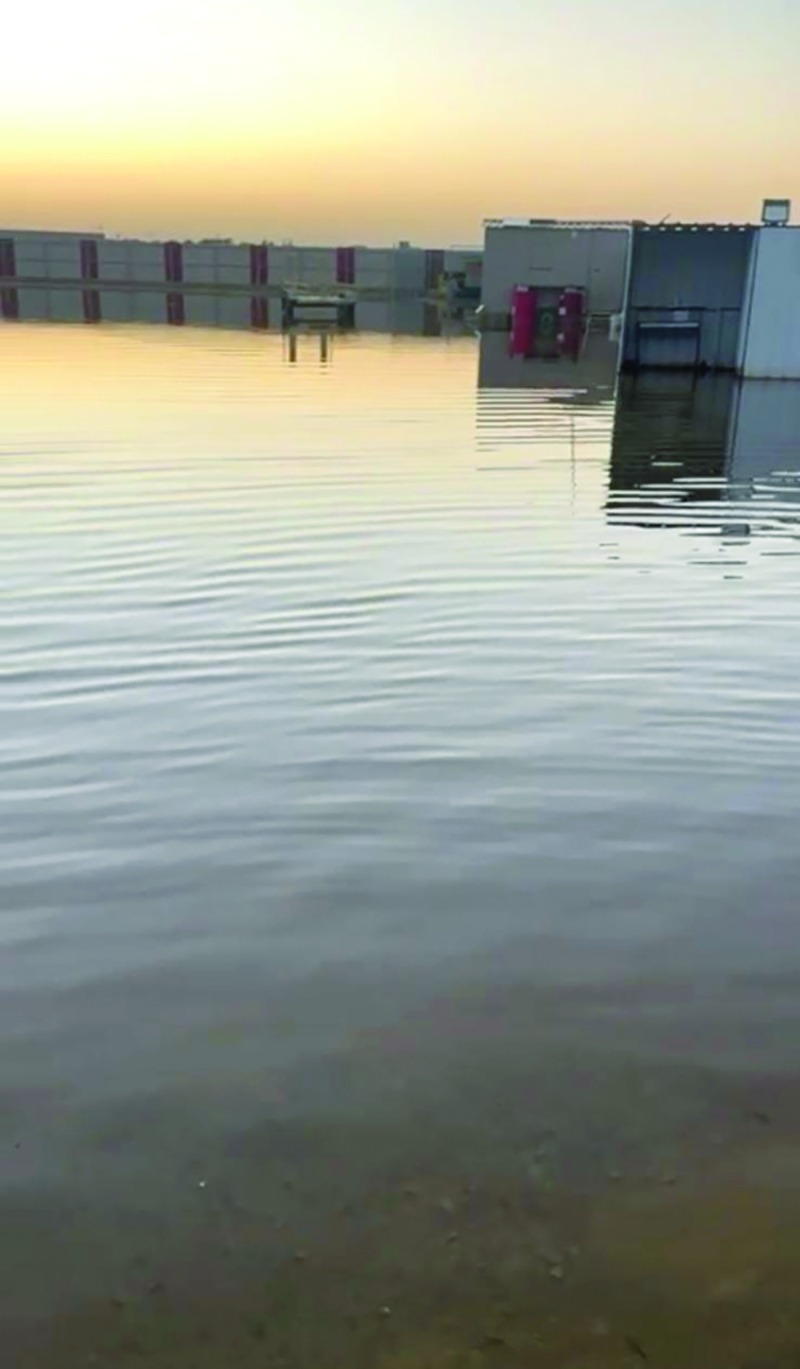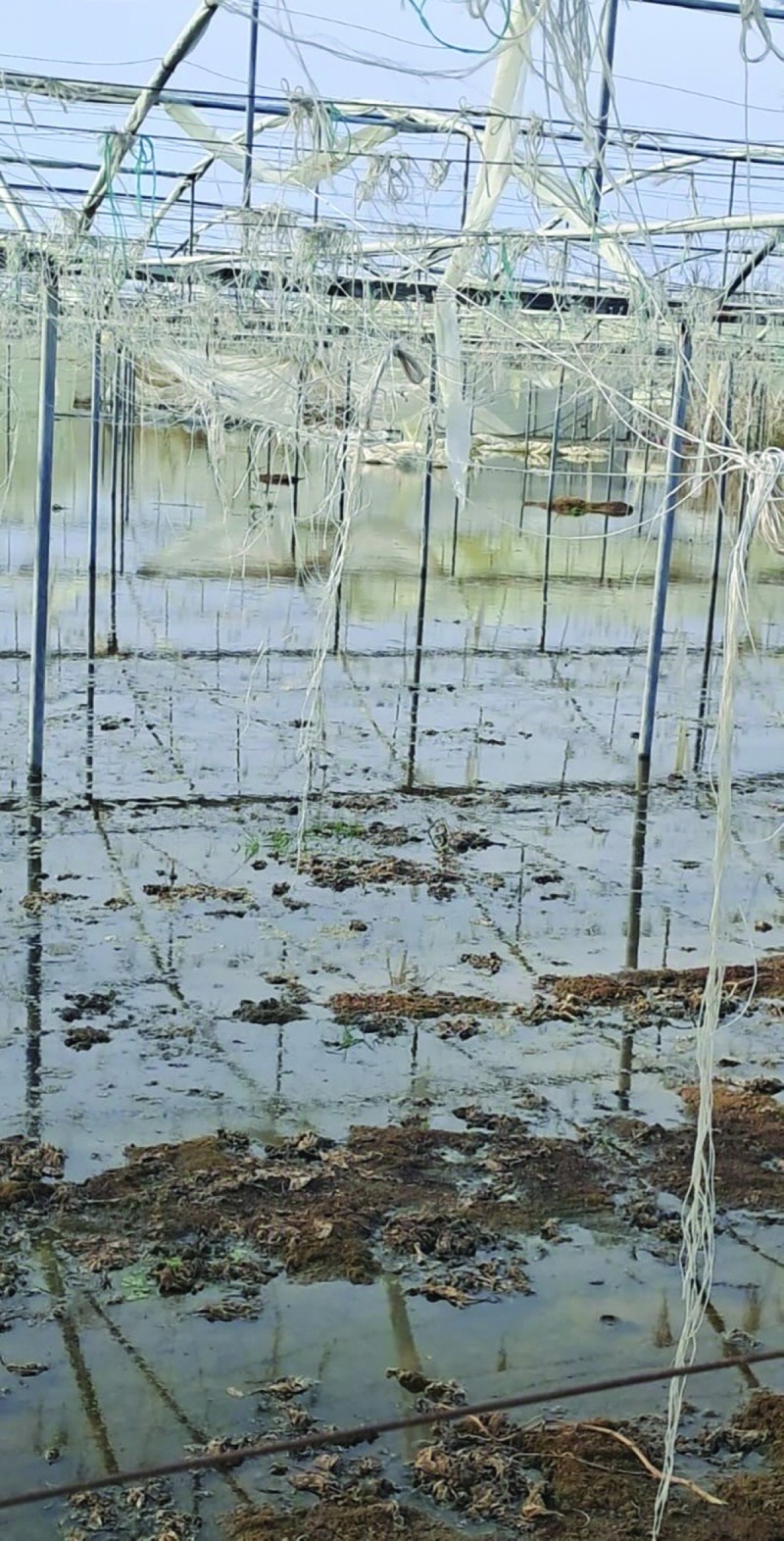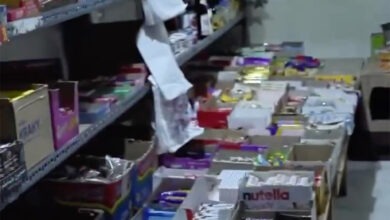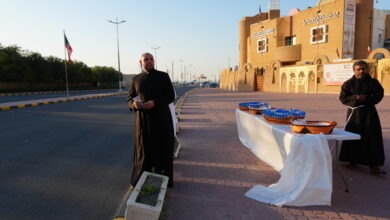Wafra farmers sound alarm over groundwater crisis
Urgent government action needed to prevent agricultural collapse as hundreds of illegal wells threaten farms, roads, and groundwater reserves in Wafra

Al-Wafra, once a symbol of prosperity thanks to its abundant water resources, is now grappling with a severe environmental and agricultural crisis.
Farmers are facing widespread destruction due to uncontrolled groundwater seepage from hundreds of deep wells, many of which were illegally drilled—some reaching depths of over 200 meters, violating the 65-meter limit set by the Public Authority for Agriculture and Fish Resources (PAAFR), according to Al-Rai daily.

Sources said, dozens of farms across four agricultural plots have already been submerged, leading to the erosion of roads, damage to infrastructure, and the loss of crops and soil fertility.
The crisis, sources say, exacerbated by the failure to enforce regulations, now threatens Kuwait’s strategic groundwater reserve in the Dammam layer.
Farmer Hassan Al-Dosari warned of the environmental toll of unchecked water seepage, saying, “It destroys the soil, reduces farm productivity and quality, and increases salinity, harming nearby farms and infrastructure.”
He listed four harmful practices as root causes — drilling into the Dammam aquifer and widespread illegal well use; improper disposal of saline water from desalination units; unqualified companies drilling without following the concerned Ministry specifications and a general decline in groundwater quality.
Farmer Badr Al-Qadyan has issued a stark warning. He said, “The sparkling water crisis worsens from October to June each year. Without swift government intervention, Wafra farms will be completely submerged in a few years.”
Similarly, Mohammed Al-Badah, whose farm has already suffered extensive damage, vented his frustration. He said, “I tried to fill the wells near my farm myself, but the problem is too big. It needs coordinated government action.”
Rashid Al-Dahoum emphasized the long-term danger to Kuwait’s groundwater. “In 2009,” he said, “600 illegal wells were closed. Today, some go as deep as 200 meters, reaching the Dammam layer. Violators continue unchecked, worsening the crisis.”
He called for urgent measures to:
- Force violators to seal illegal wells.
- Penalize companies that breach drilling depth regulations.
Meanwhile, a government source said a special committee — comprising representatives from key ministries and public authorities — was formed to assess the damage and propose solutions. Its findings were submitted to the Council of Ministers in December.
Key recommendations include:
- Allocating a dedicated budget.
- Assigning certified companies to inspect and seal over 1,000 harmful wells using safe methods.
- Penalizing violators and illegal drilling companies.
The committee’s report emphasized that the recurring phenomenon of bubbling, saline groundwater severely endangers local agriculture, food security, and public infrastructure, making it critical to implement immediate and lasting solutions.












